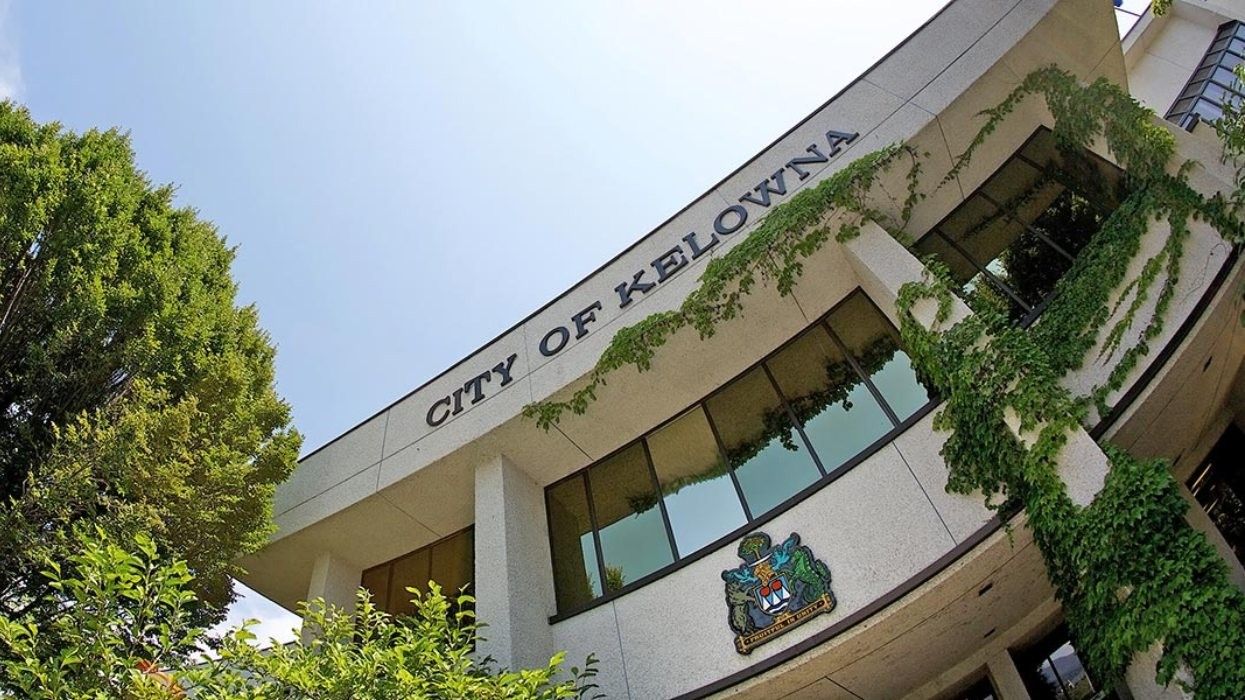In the name of fairness and transparency, the City of Kelowna has approved a formal policy outlining the extent to which sitting Councillors can interact with real estate developers, whether they have an active development application with the City or not.
The Council Interactions With Developers Policy was approved on September 11 and the goal is to "protect the integrity of the decision-making process," the City says.
Going forward, although councillors are not required to meet, correspond, or interact with developers in any way, they must receive prior approval from the Mayor and the City Manager if they choose to attend an interaction with City staff and a developer, and are allowed to request information about the development application from City staff prior to the interaction with the developer.
The City defines "interaction" to include virtual and telephone communication as well as face-to-face communication.
A member of Council can ask another member to join them (so long as the number of total councillors present does not exceed the amount that makes it an official Council meeting), and such interactions can only take place within City Hall or at a property that's the subject of a development application.
During such interactions with developers, councillors should inform the developer that any opinions they express are personal and do not reflect the views of Council, that a decision will only be made at a Council meeting, and that any materials provided or created regarding the interaction are subject to the British Columbia's Freedom of Information and Protection of Privacy Act.
These kinds of interactions are more likely to occur in the early stages of the development application process, but the new policy also outlines what's allowed in later stages.
After a public hearing is held for a development application and before the relevant bylaw is adopted, members of Council must not interact or correspond with either the developer or the general public regarding that application. Although the City did not elaborate on the reasoning for this, it is likely a measure to prevent the appearance that a decision about a development application has already been made before being officially considered by Council.
An exception is made for cases involving a development permit application or development variance permit application that is associated with an Official Community Plan or zoning bylaw amendment application. In these cases, members of Council may interact with the developer after the public hearing and before the bylaw is adopted, but only if the interaction "does not address land use, density, or other zoning considerations."
Councillors may discuss aspects of a development application that are publicly known with the general public but are not allowed to attend public information sessions.
All in all, the new policy says "a Council member should avoid being perceived as being too familiar with a developer."
Members of Council are likely already complying with some of these practices, but the City says that "documented guidance for these types of interactions supports a fair and transparent process that follows relevant legislation and procedures" and "offers clear and consistent direction for Council and gives applicants and the public a better understanding of expectations."
Simultaneously, the City approved the creation of a lobbyist registry, which applies to any individual, paid or unpaid, who attempts to influence an elected official regarding a matter that's within the jurisdiction of Council.
Lobbyists must register within five days of lobbying a Council member by providing their name, organization, contact information, initial date of lobbying, and topic they are lobbying for. The policy applies to developers lobbying on behalf of themselves, and the City says they will not consider a development application if the developer is not in compliance with the registry policies.
Written correspondence to Council or participating in a public hearing are exempt as they are part of the public record, the City says. Members of other government bodies (federal, provincial, regional, municipal) are also exempt, and the policy does not apply if the issue at hand is outside the jurisdiction of Council.
The lobbyist registry will be available to view on the City's website and will be updated regularly.





















